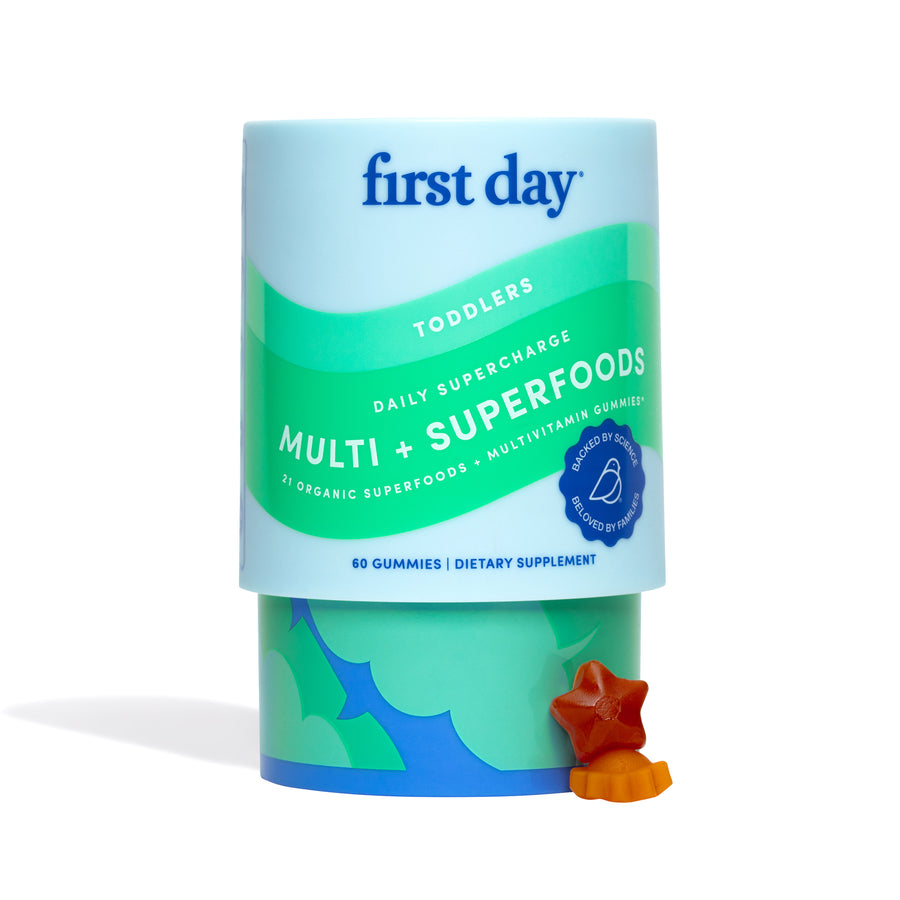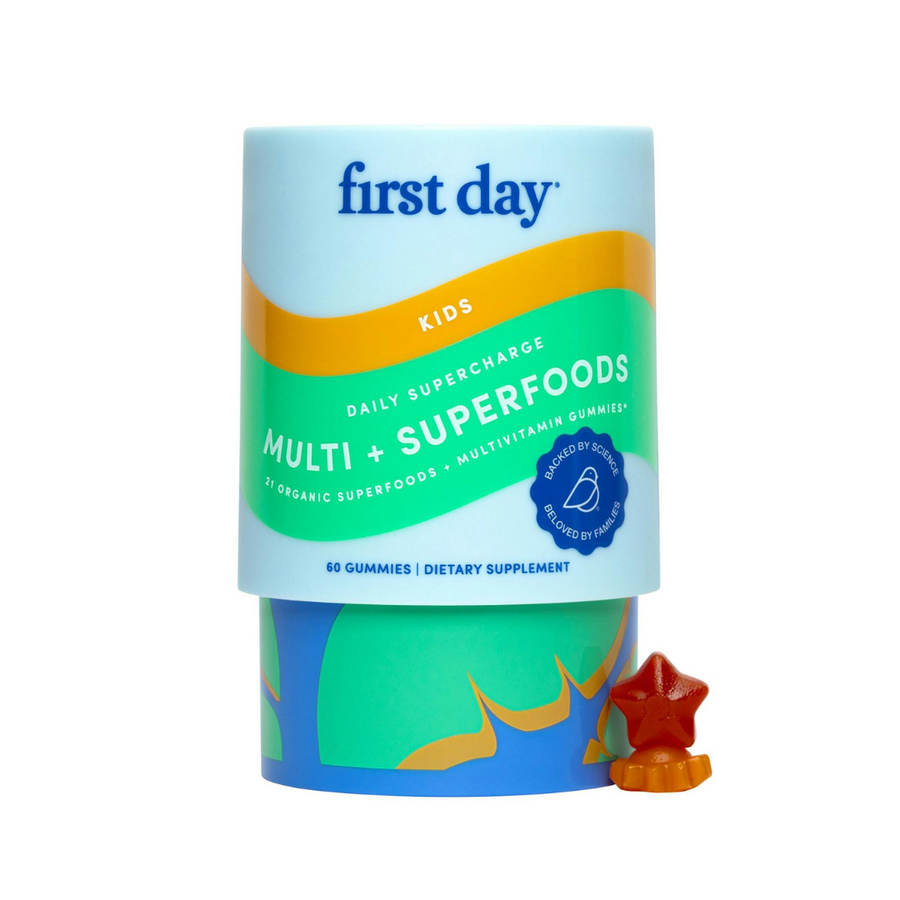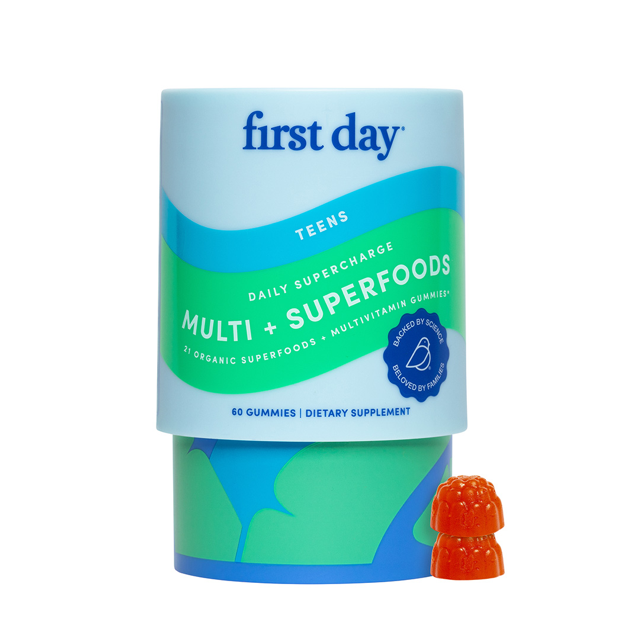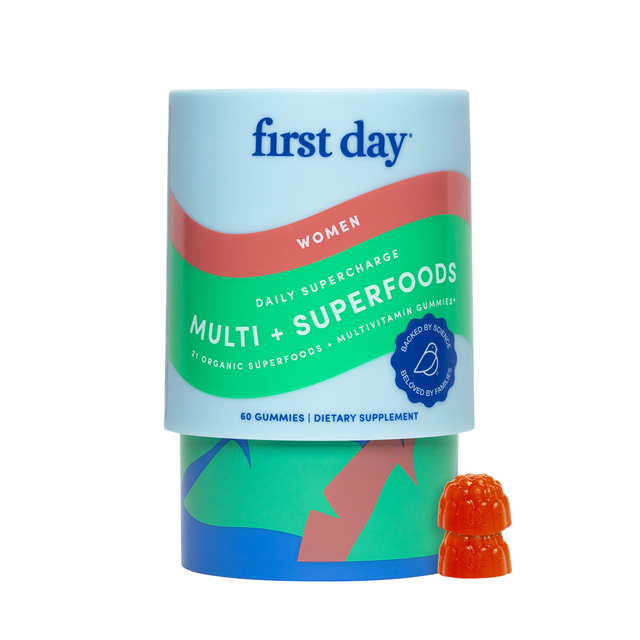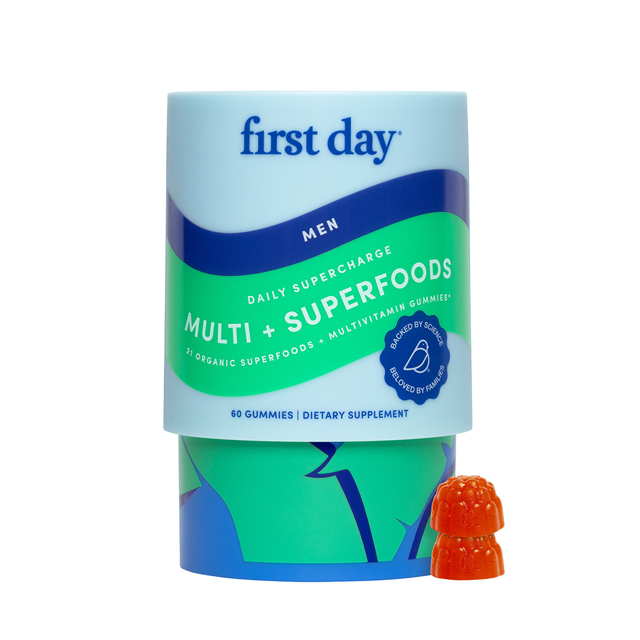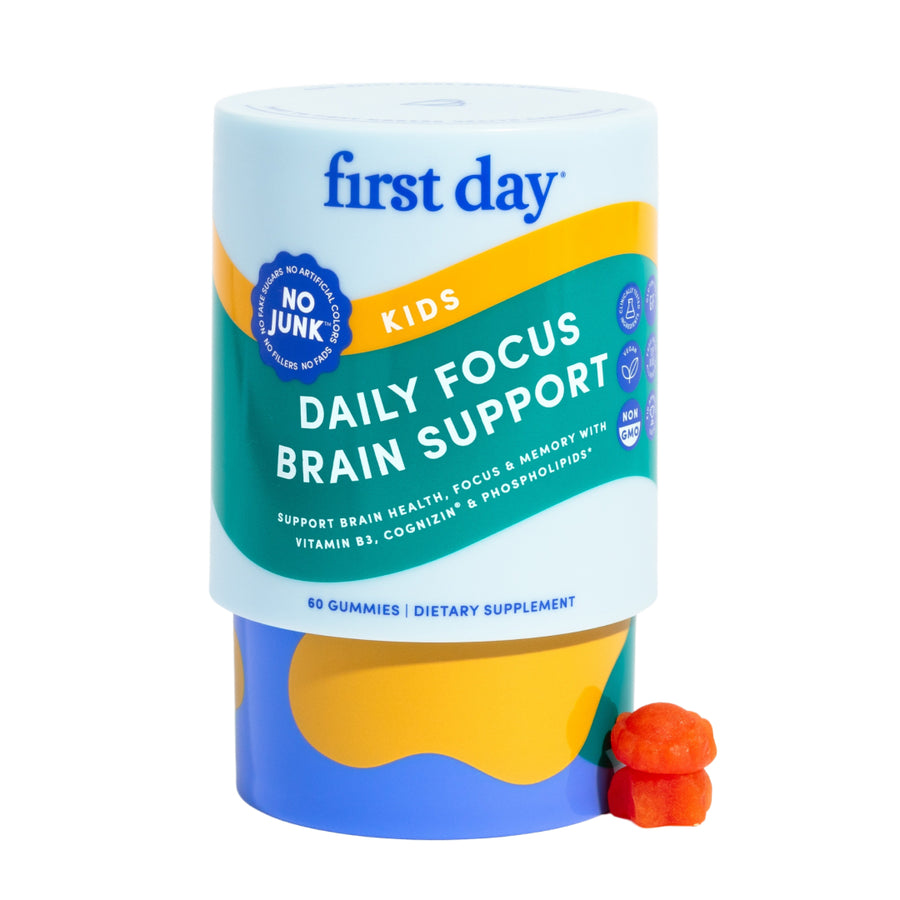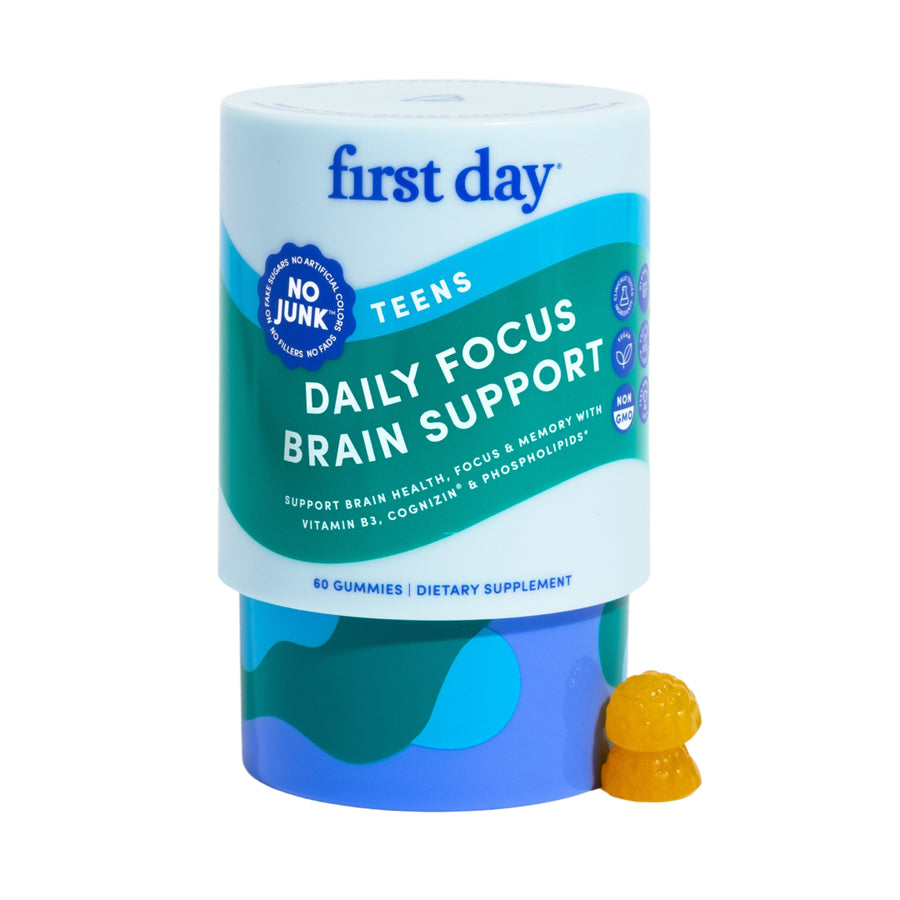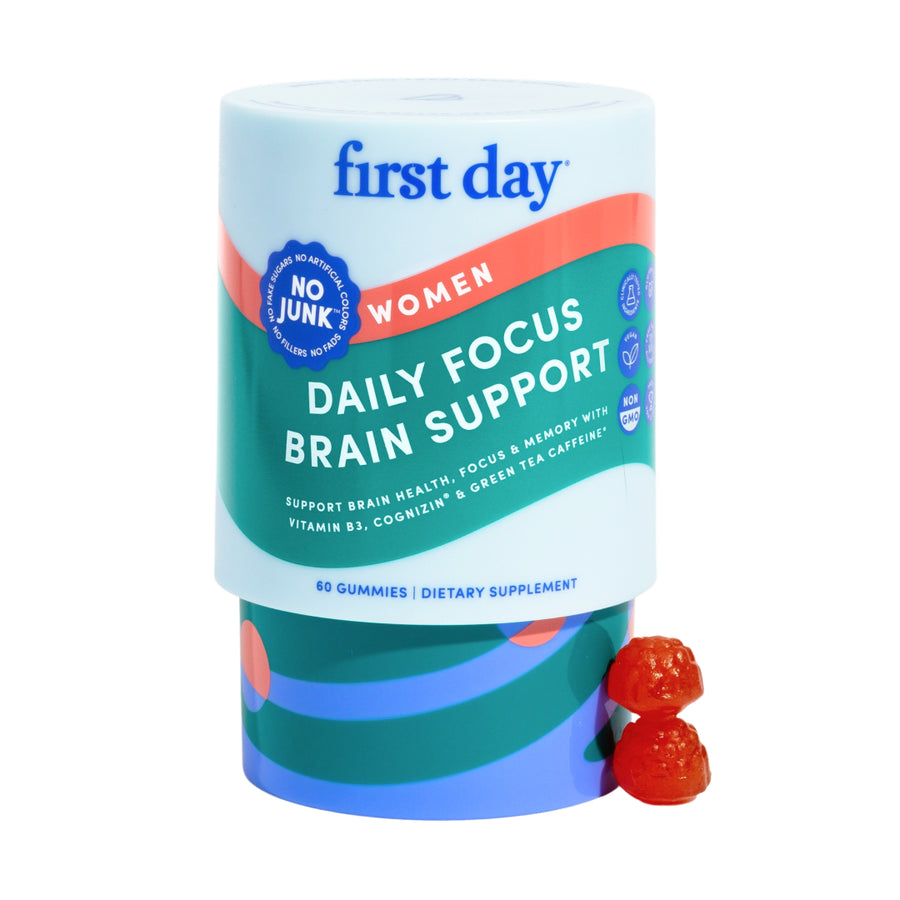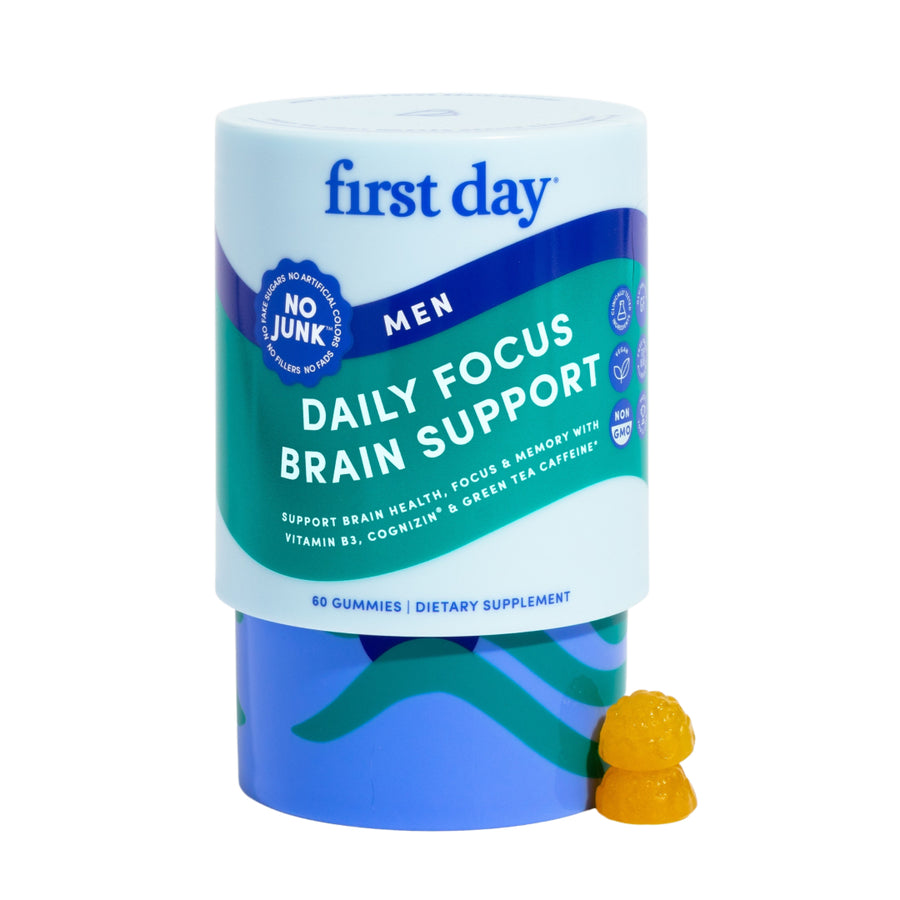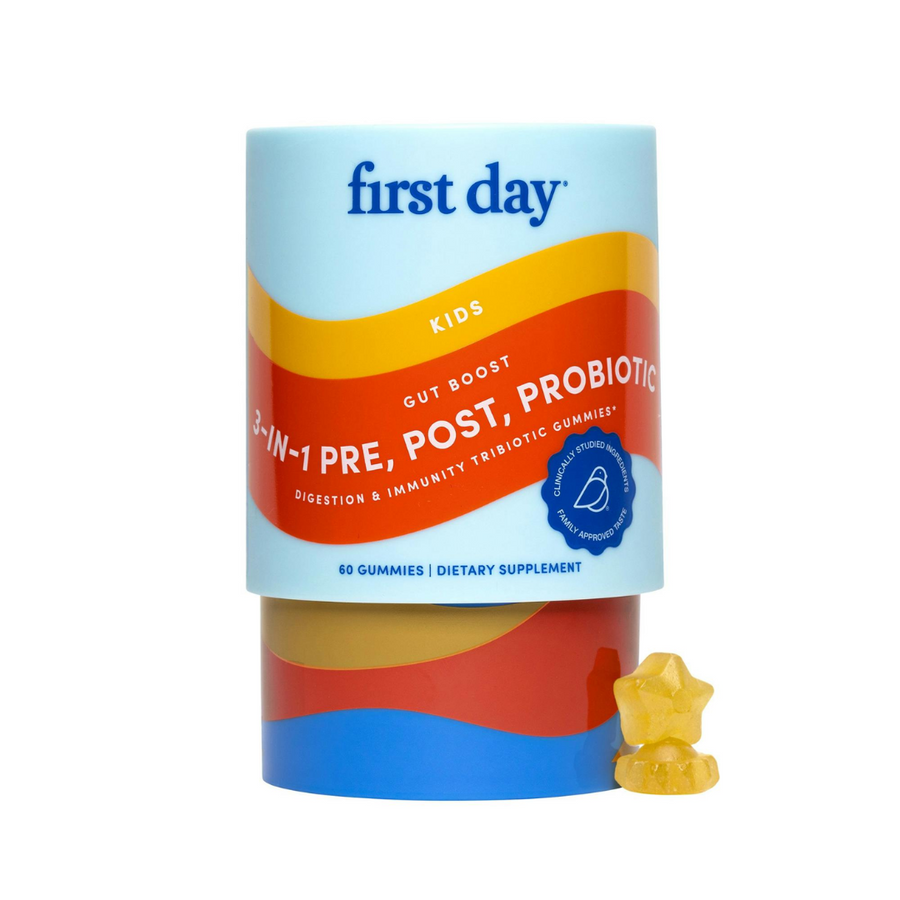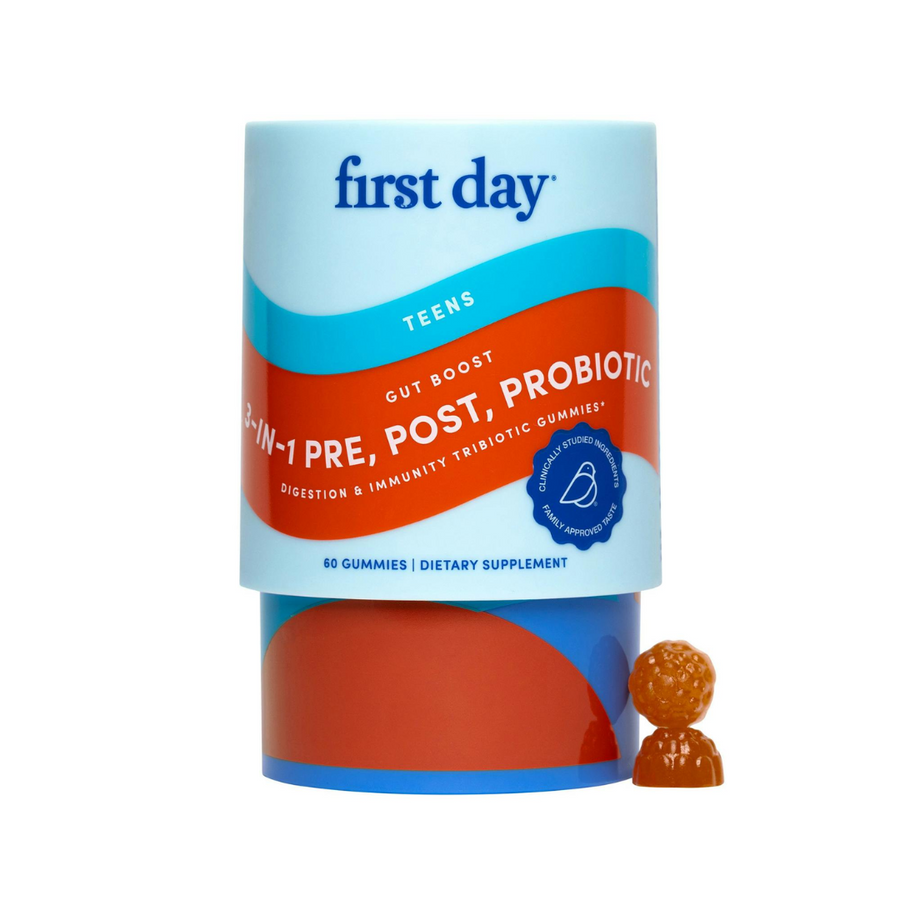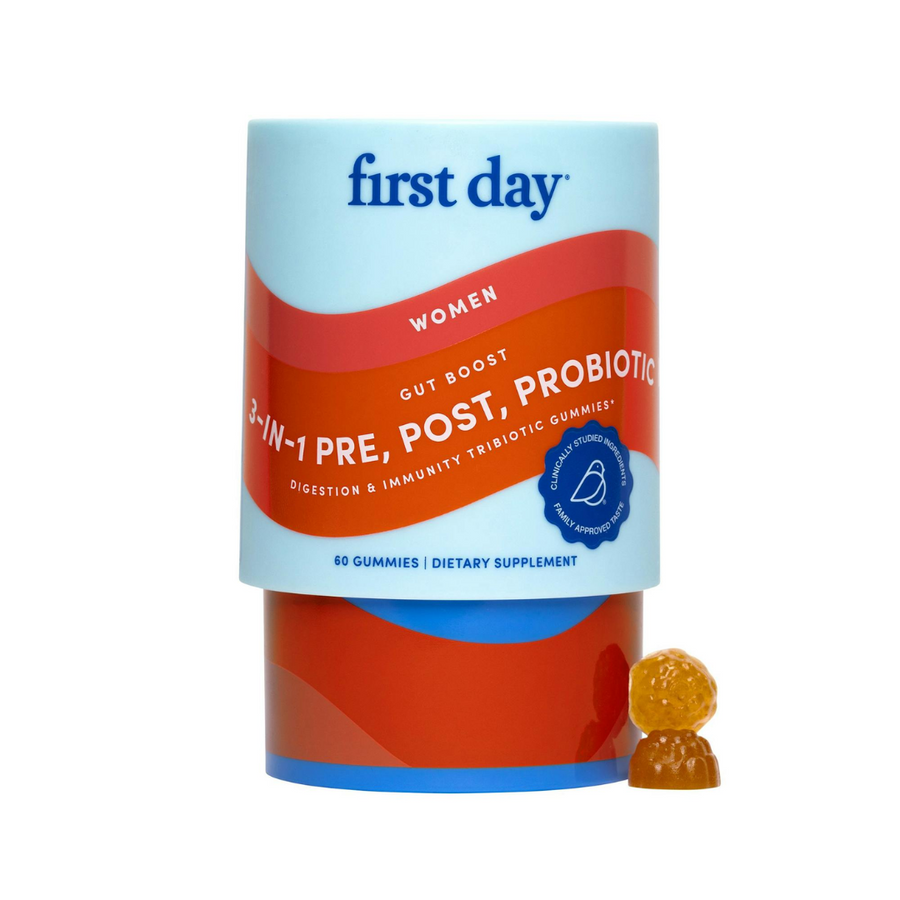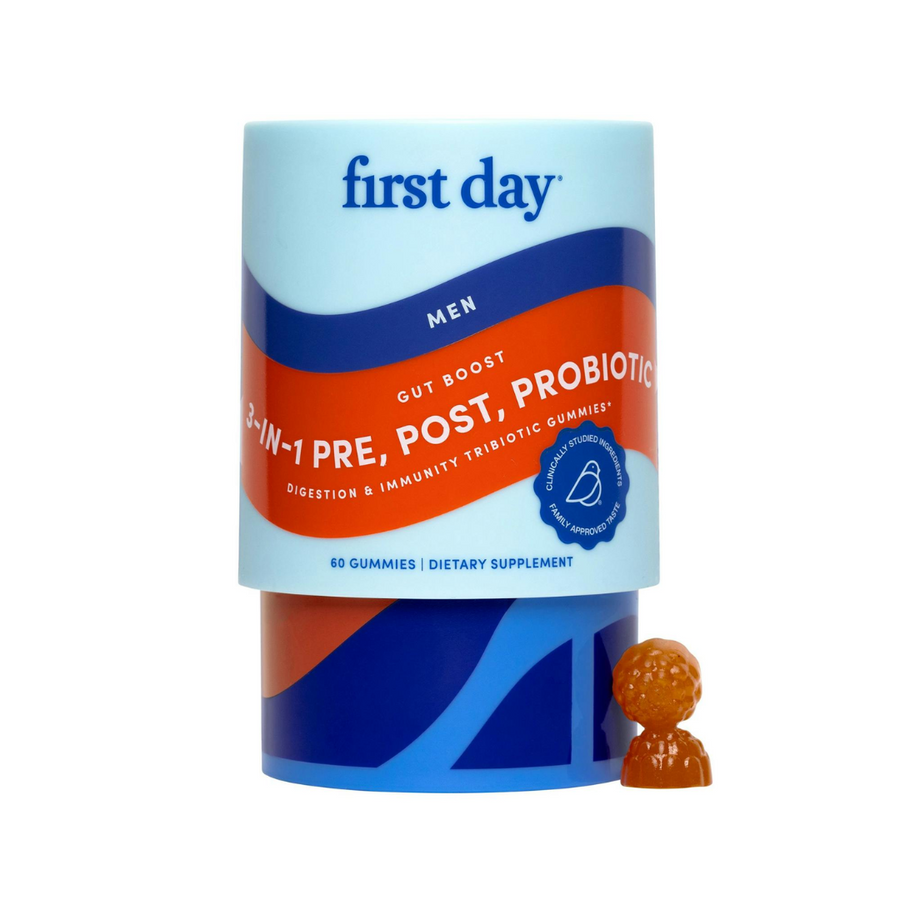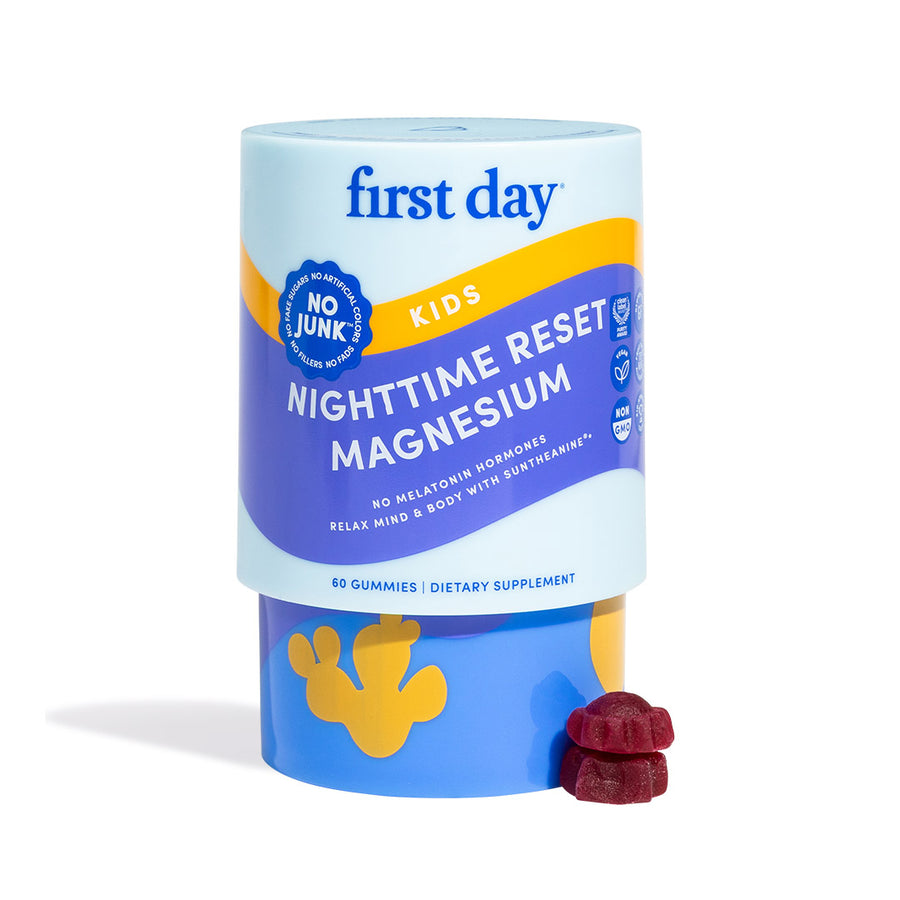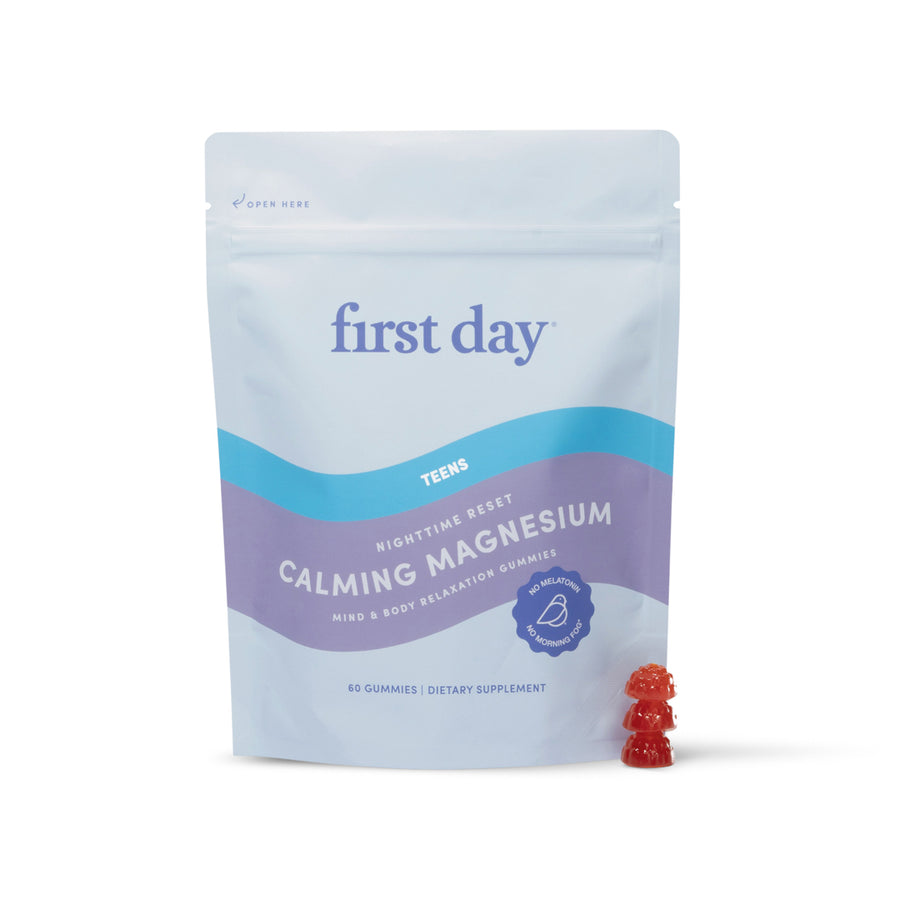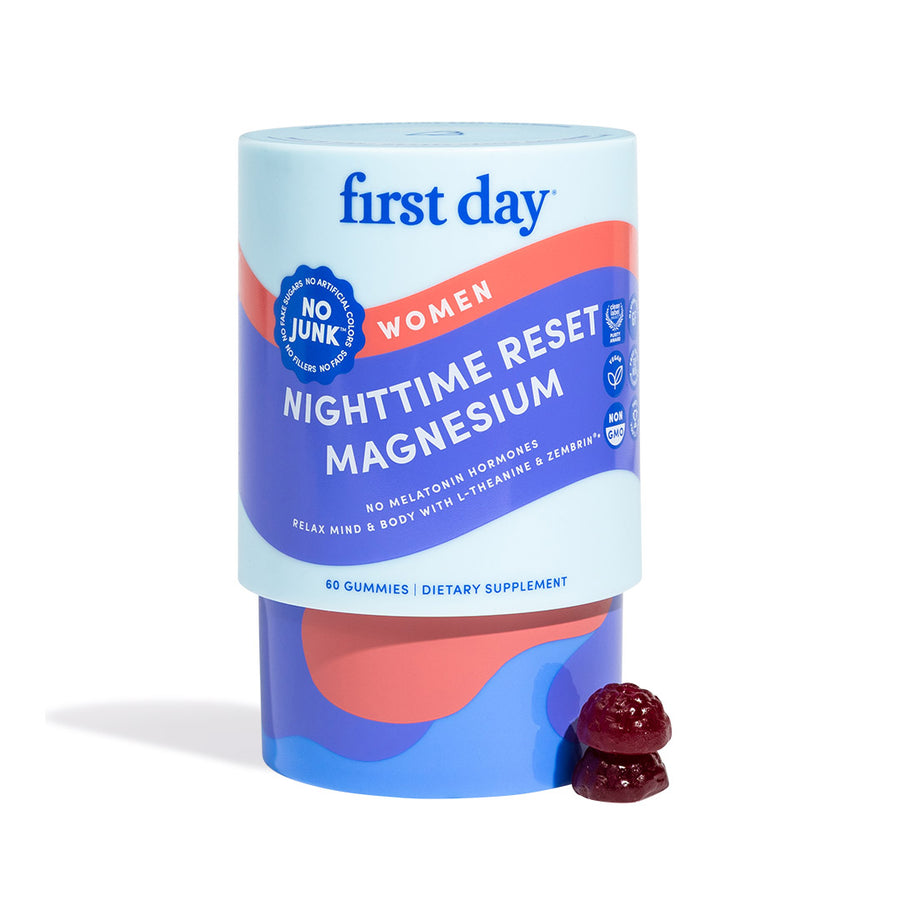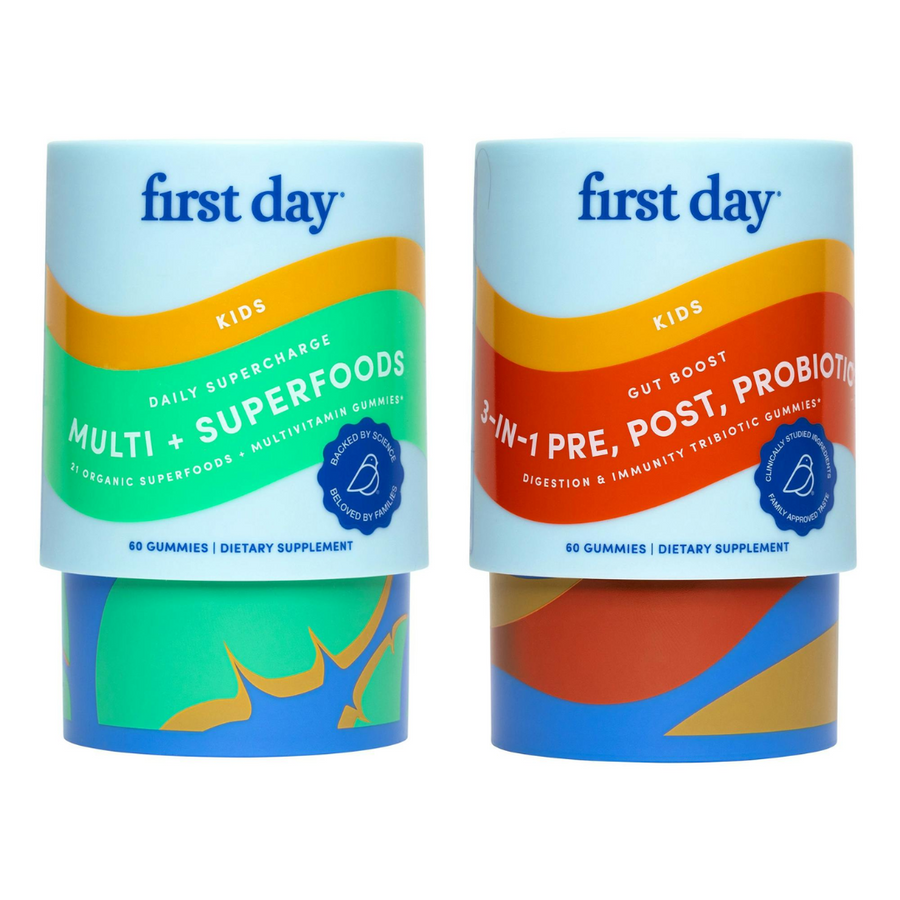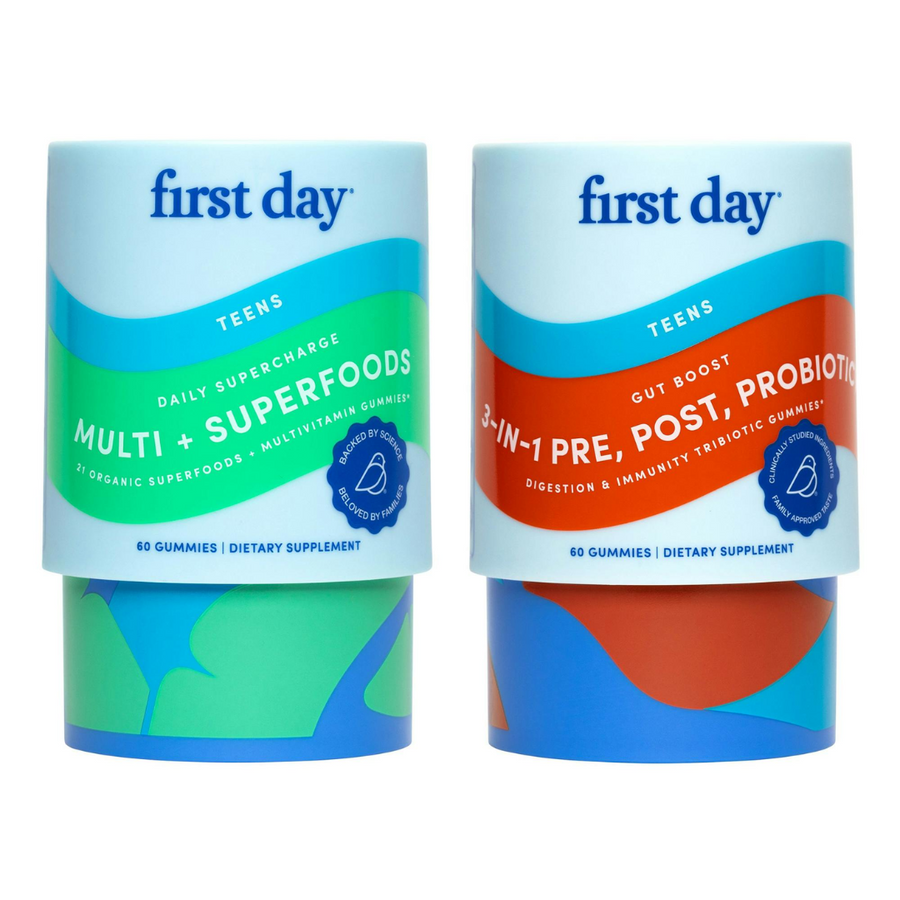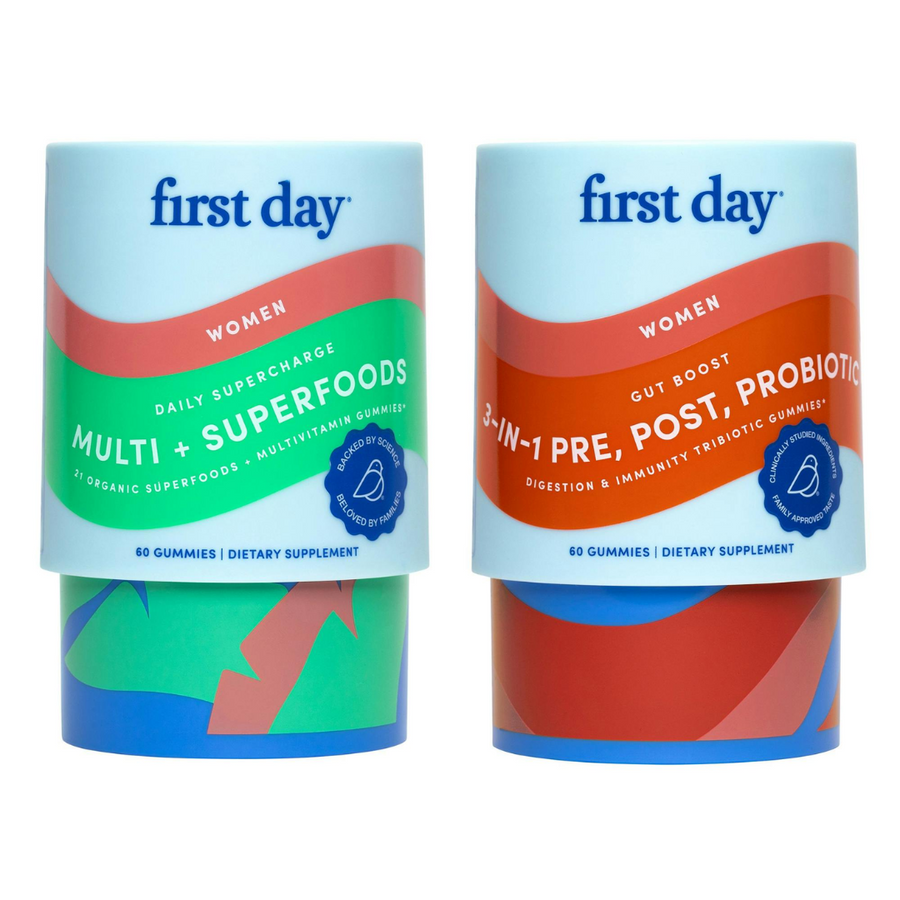Do you take a multivitamin? Chances are, you do. In fact, as soon as we can chew solids, we are introduced to a plethora of multivitamins. Half of Americans take a multivitamin or other supplements regularly. That's over $12 billion spent annually. Johns Hopkins researchers infamously commented that such a large percent could have been spent on nutritious foods like vegetables, fruits and other whole foods.
Taking a multivitamin has been a point of contention for a long time, even among scientists and researchers. So the question is: are multivitamins worth it?
Before anything else, let's start by defining what a multivitamin is.

What are multivitamins?
Multivitamins are dietary supplements that contain vitamins and minerals, sometimes along with other ingredients. The nutrient composition of each multivitamin can vary per brand or product.
Multivitamins come in different forms such as capsules, pills, gummies, tablets, powder and liquids. They are usually taken once or twice a day and are conveniently available in stores, pharmacies, and online.
Multivitamins are often categorized into two categories: fat-soluble vitamins and water-soluble vitamins, both of which we need to maintain our overall health. The main difference between the two is how they are absorbed in our bodies.
- Fat-soluble vitamins are dissolved in fats. They are absorbed by fat globules that travel through our small intestines, which is then distributed throughout our body in our bloodstream. Since they are stored in the body longer, it's more likely that excessive intake of these vitamins could occur.There are four types of fat-soluble vitamins namely Vitamin A, Vitamin K, Vitamin E, and Vitamin D.
- Water-soluble vitamins are dissolved in water and are immediately absorbed into our tissues. Because they are easily absorbed in our bodies, they need to be regularly replenished in our diet.Vitamin C and B Vitamins are some of the most common water-soluble vitamins out there.
One thing to keep in mind is that the Food and Drug Administration doesn't regulate multivitamins the way they do prescription drugs. So some supplements may contain lower or higher levels of nutrients that are actually stated. Plus, some nutrients found in multivitamins may be derived synthetically, which is why it pays to get them from reputable manufacturers. Moreover, it always helps to seek help from physicians before choosing a multivitamin
What should you look for in a multivitamin?
Here are some of the factors you need to consider when you're doing your research:
- Go for multivitamins that have the most bioavailable forms of vitamins and minerals
- Look for reputable manufacturers that source, produce and make their supplements mindfully
- Consider the specific nutrient(s) you need, with the help of your healthcare provider
- Read the dosages of each vitamin and mineral in the supplement you are considering
- Don't always look for the cheapest option. Cheap isn't always good. A small investment can go a long way.
Does taking multivitamins make you healthier?
Remember: a multivitamin isn't a magic pill that will prevent any disease. If you're on a poor diet, don't regularly exercise, and practice countless unhealthy habits, taking multivitamins won't be sufficient enough to save you from illnesses or worse, death.
However, multivitamins continue to be a low risk, low cost supplement that help fill nutritional gaps among people who may not always eat healthy, or those who have on restrictive diets. These supplements also virtually eliminate micronutrient inadequacies.
What are the risks of taking multivitamins?
There's relatively little risk linked to our health when it comes to taking multivitamins. There's also no sufficient evidence of drawbacks to taking multivitamins.
However, that doesn't mean you can just be aimless in buying and taking them. There's still the possibility of vitamin toxicity, wherein your body is getting too much of it. Excessive intake of minerals and vitamins like calcium, folic acid, selenium, and zinc may have adverse effects.
Always remember that too much of a good thing can cause harm. High doses can lead to long term health complications. The key is to read the labels and learn more about the supplements you want to take. Talk with your nutritionist too so you can be enlightened and only invest on multivitamins that your body really needs.

What are the benefits of taking multivitamins?
Multivitamins were designed to help supplement your daily intake of vitamins and minerals for proper body and brain functions. These shouldn't become your magic pill and solely your go-to to ensure that you are healthy. They help bridge the gaps and maximize proper nutrition.
Help prevent vitamin deficiencies
Some people who take multivitamins have specific vitamin deficiencies. They may be living with genetic health conditions that need supplementation to prevent illnesses.
Aid pregnant women
Women experience a lot of changes in their body during pregnancy. They will need specific vitamins and minerals like folic acid, omega 3, calcium and iron to ensure that they will have the healthiest pregnancy possible, whether it's to help their baby's fetal development or strengthen their bones as they carry the extra weight for the next nine months.
Support food allergies and intolerances
Eating certain kinds of foods can actually be hazardous to some people. Food allergies and intolerances could lead to nutrition inadequacies. Supplements may help address these by ensuring people who have sensitivities to certain foods won’t miss out on essential vitamins and minerals.
Help older adults
As we age, our bodies have a harder time absorbing certain foods, which could lead to a lack of essential nutrients. Many older adults who are at a higher risk of heart attacks, cancer and other chronic diseases may benefit from taking specific vitamins and minerals. Moreover, other aging adults suffer from memory loss and a loss of appetite. Supplements could help make up for these conditions too.
Assist vegans and vegetarians
If you're on a restrictive diet like vegan or vegetarian, you may be missing out on certain vitamins and minerals that are found on dairy and meat. Taking supplements rich in B vitamins, zinc, and iron could help improve your health and ensure you're not missing out on essential nutrients to keep you energized and functioning properly.
Help picky eaters
Children who are picky eaters may also benefit from taking supplements. If you have little ones who can be fickle at the table, you may need to consider supplements to support overall health and wellness. Choosing the right supplements that will help fill in the gaps and improve their well-being increases their chances of a healthier, fuller life. There are plenty of multivitamins today that children may find easier to take, including gummies.

A healthy and well-balanced diet is still king
Proper nutrition is still the best self-care you can ever practice. Always keep in mind that taking a multivitamin and foregoing a well-balanced diet completely isn't enough to safeguard your health. Preparing healthy meals and eating them as regularly as you can will provide you with the energy you need for daily tasks, boost your immune system and help prevent you from getting sick.
It also helps when you source your foods properly. Shop from high-quality stores, get in touch with your local farmers or even grow your own if you're capable. Industrialization has ultimately changed the way we eat and what we eat. So looking out for what we put in our bodies can make all the difference.

